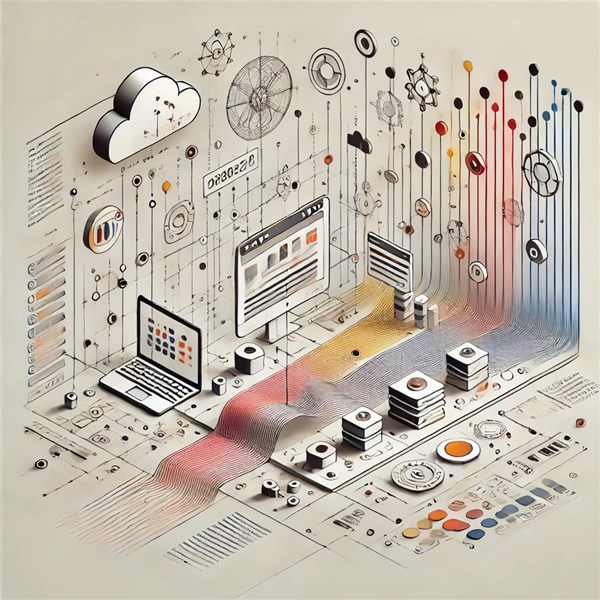Unable to find what you're searching for?
We're here to help you find it
In today’s digital world, data is more accessible than ever before—if you know where to look and how to retrieve it. Web scraping is the process of extracting useful data from websites, and it has become an essential skill for many roles in data science, marketing, finance, and more. Enrolling in a web scraping course equips learners with a solid foundation in automated data collection techniques, HTML parsing, and leveraging web scraping tools.
This blog delves into the core skills taught in a web scraping course, including data extraction, HTML parsing, and automation, and explains how each of these skills can empower you to access, analyze, and use data effectively.
Before diving into hands-on skills, a quality web scraping course will start with an overview of what web scraping entails, why it’s important, and the ethical and legal considerations involved. You’ll learn about:
Web scraping requires an understanding of the structure of web pages, which is based on HTML and CSS. Knowing how to interpret HTML tags, classes, and IDs is fundamental to locating the data you want to scrape.
Key Areas Covered:
The heart of web scraping lies in data extraction. Courses cover methods and techniques for extracting data from various structures within a website.
Key Techniques:
With these skills, you’ll be able to confidently navigate through any HTML document and locate the data fields you’re interested in.
Parsing is the process of interpreting and manipulating HTML data to make it usable. Courses will introduce you to libraries that help parse HTML, enabling you to extract relevant information more efficiently.
Libraries Commonly Taught:
These libraries simplify the process of extracting specific data points and structuring them in a format that’s easy to analyze.
Automation is essential in web scraping, as it allows you to set up scripts that repeatedly collect data from websites without manual input. A solid web scraping course will teach you how to automate repetitive scraping tasks.
Key Topics in Automation:
Automation allows you to collect data at scale, which is invaluable for tasks like market research, competitive analysis, and monitoring prices.
Many websites provide APIs (Application Programming Interfaces) that allow developers to access data directly, which is often a more efficient and ethical way to collect data than web scraping.
What You’ll Learn:
API integration is a valuable skill for web scraping professionals, as it expands your data access options and can simplify your workflow.
Once data is extracted, it usually requires cleaning and organizing before it can be analyzed. A web scraping course will often include methods for cleaning raw data and storing it in usable formats.
Data Cleaning Skills:
Storage Techniques:
Data cleaning and storage are critical for creating structured datasets that can be analyzed and utilized effectively.
There are many tools and frameworks available for web scraping, and a comprehensive course will introduce the most popular ones.
Common Tools:
Learning when and how to use these tools gives you flexibility and efficiency in tackling a wide range of web scraping tasks.
Many websites have mechanisms to prevent scraping, such as CAPTCHAs or IP blocking. Courses will cover strategies to bypass or handle these obstacles in a way that stays within ethical boundaries.
Strategies Taught:
Understanding these challenges prepares you for real-world scenarios where scraping restrictions are in place.
Conclusion
A web scraping course equips you with the essential skills for data collection in today’s information-driven world. From HTML parsing to API handling, and automation to data cleaning, these courses offer a comprehensive skill set for both beginner and advanced learners. By mastering these techniques, you’ll open doors to a variety of career opportunities in data science, analytics, digital marketing, and more.
For anyone looking to enter data-focused fields or enhance their analytical toolkit, a web scraping course is an invaluable step toward gaining competitive, hands-on skills.
Web scraping is a powerful tool for businesses in the digital age. By enrolling in this web scraping training, you'll gain a competitive edge in your career. Start your journey today with the best web scraping course at Koenig Solutions.

Aarav Goel has top education industry knowledge with 4 years of experience. Being a passionate blogger also does blogging on the technology niche.










